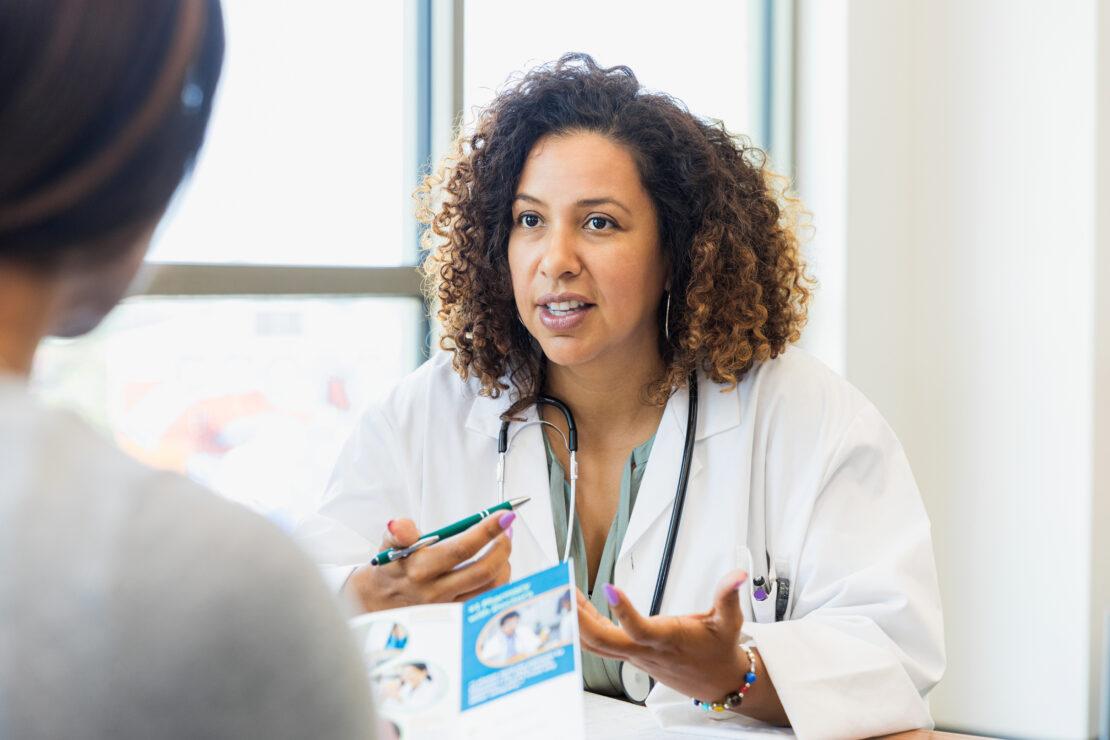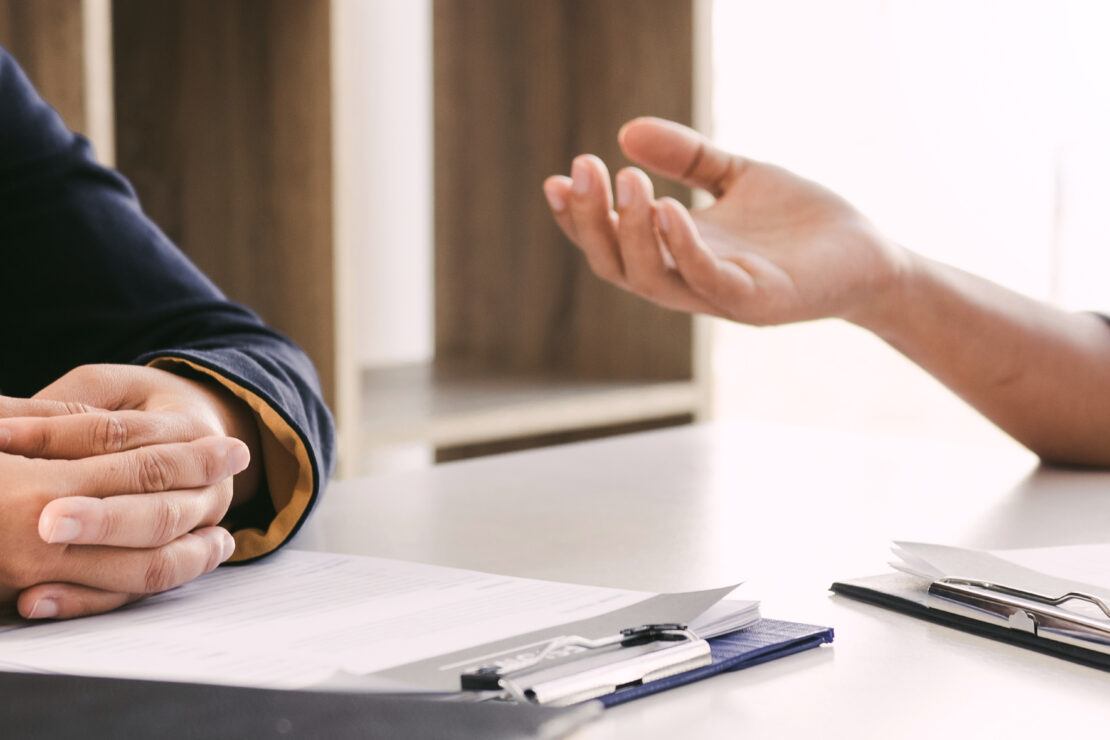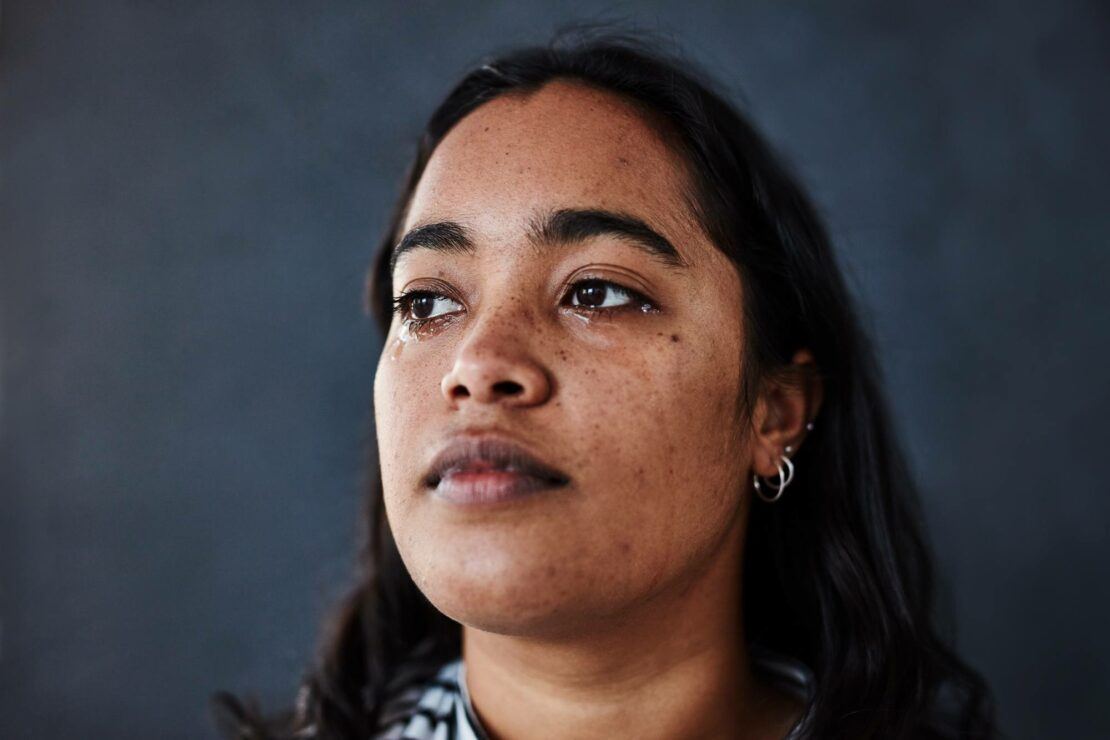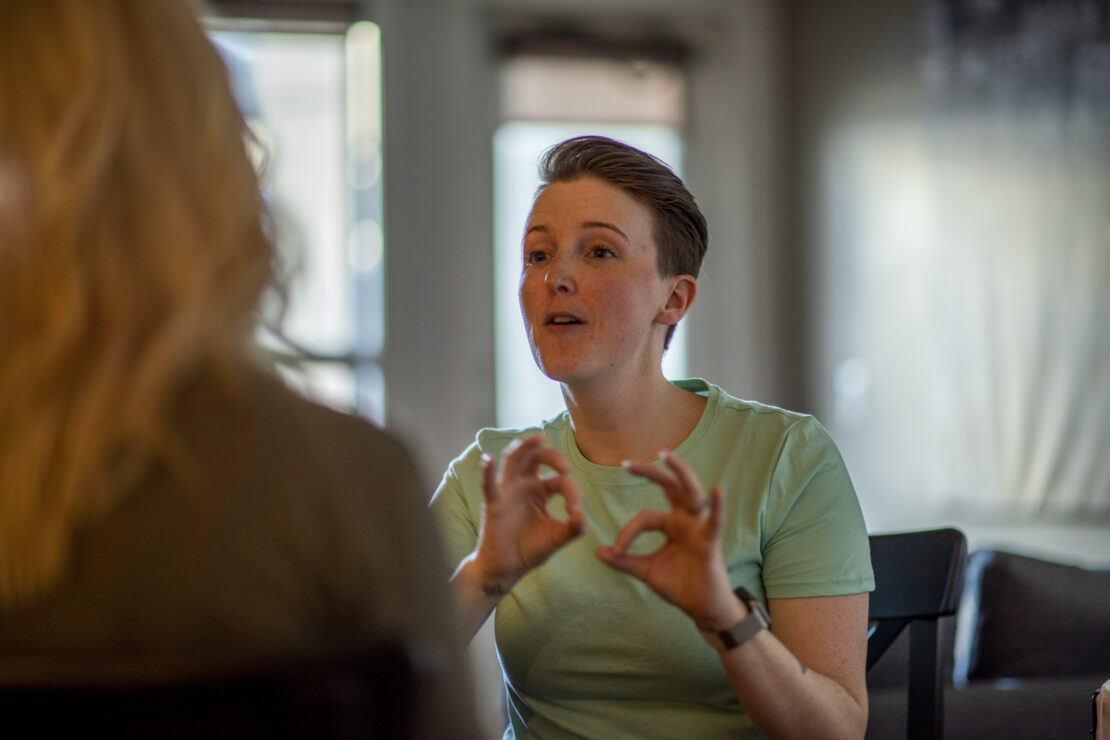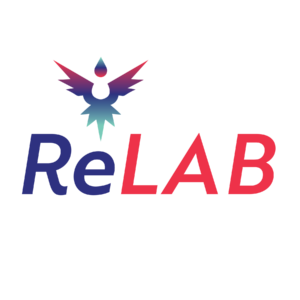Find Help
Common Questions
- Make sure you are in a safe place.
- Know that this is not your fault.
- Contact a friend or family member you trust or call the local sexual assault program center hotline.
- Contact an advocate in your area.
- Consider seeking medical attention.
Use our map tool above to find an advocate or medical facility near you.
Advocates are available 24/7 in every county in Minnesota. They provide free and confidential support, such as:
- 24/7/365 access to a confidential helpline
- Creating a safety plan
- Accompaniment to a forensic medical exam
- Accompaniment to law enforcement reporting
- Court accompaniment
- Assistance with filing a protective order
- Assistance in accessing healing resources
- Assistance for you and your loved ones
- and more!
Use our map tool above to find an advocate near you.
Advocacy services are confidential. Advocates will inform you regarding the information they can keep confidential and what they may need to report or share with others. If you are under the age of 18, you do have privacy rights for medical treatment and advocacy services. But there could be some exceptions to those privacy rights. An advocate can help explain the exceptions to you. You can also call a crisis line anonymously to learn more.
You have the option to seek medical care as soon as possible at the closest emergency room or hospital emergency room that offers sexual assault exams. The exam will provide you with medical care including treatment of injuries, emergency contraception, and STI prevention medication. The exam will also collect any evidence of the sexual assault that might be on your body.
- Some emergency rooms have nurses and doctors specially trained to treat sexual assault survivors.
- An advocate may be able to meet you at the emergency room to offer support before, during, and after the exam.
- The nurse and advocate at the hospital can help you understand all of your options.
Use our map tool to find a facility that offers sexual assault exams.
You may not know right now whether you will contact the police about your assault, and that’s okay. You don’t have to decide right away, and you don’t have to report if you don’t want to. You have a right to a sexual assault exam regardless of whether you report to the police or not.
Minnesota has different reporting options that give you the time to make the best decision for your situation. A nurse and a sexual assault advocate can tell you more about these options.
Use our map tool above to find an advocate or medical facility near you.
You are not responsible for paying for a forensic medical exam in Minnesota. The state is required to pay for the sexual assault exam.
An advocate can help answer more questions about the exam, exam payment, and other aspects of an emergency room visit.
Additional medical treatments such as optional medications or treatment for more serious injuries may not be covered by the state. These additional treatments may be paid for by the patient or the patient’s insurance. Costs to the patient vary depending on the county, the hospital, and your unique situation.
Use our map tool above to find an advocate near you.

